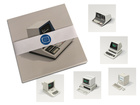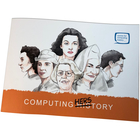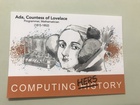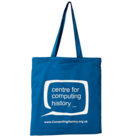|
Leon Bagrit
Sir Leon Bagrit (13 March 1902 – 22 April 1979) was a leading British industrialist and pioneer of automation.
Born to Russian-Jewish parents in Kiev, Ukraine , Sir Leon studied law at Birkbeck College in the University of London, formed his own company in 1935, and for many years headed the revamped firm of Elliott-Automation Ltd., which, outside the United States, was the largest computer manufacturer in the world.
He was a member of the Council for Scientific and Industrial Research, 1963–1965 and the Advisory Council on Technology, 1964-1979. He was a director of the Royal Opera House, Covent Garden, 1962-1970. He founded the Friends of Covent Garden, and chaired it, 1962-1969. He was Reith Lecturer, 1964.
The Bioengineering department of Imperial College London was named the Sir Leon Bagrit centre in his honour in 1991, after the Bagrit Trust provided funding for it to be built.
Leon Bagrit was a great innovator who in 1947 (now as Sir Leon Bagrit) acquired control of Elliott Bros London and in 1958 Elliott's and Associated Automation Ltd were merged to form Elliott Automation. His company pioneered the use of computers in industry and made “automation” a household word.
Leon Bagrit also worked for the Herbert Group in Haverhill, Suffolk for many years and was responsible for two of the company's patents
Leon Bagrit was generally recognised as being extraordinarily prescient in his thinking. For instance, in his 1966 book 'The Age of Automation' he predicted:
‘It is now possible to envisage personal computers, small enough to be taken around in one’s car, or even one’s pocket. They could be plugged into a national computer grid, to provide individual enquirers with almost unlimited information.’
‘Perhaps the most far-reaching use of the new generation of computers will be in the retention and communication of information of all sorts within a national, possibly a world-wide, information system.
‘In many industrial and commercial applications we are moving steadily away from large, centralized computers towards much simpler decentralized units, systems of small, cheap, special-purpose units, rather like building bricks.
‘Car drivers could be told immediately about traffic hold-ups and road works and given alternative routes….’
Our copy of this book was kindly donated by Richard Herbert of the Herbert Group in Haverhill, Suffolk. Leon Bagrit worked for Herberts for many years and was responsible for two of the company's patents.
Furyther information can be found at http://www.herberthistory.co.uk/cgi-bin/sitewise.pl?act=det&p=176&id=herbhis
Books Written by Leon Bagrit :
|
|
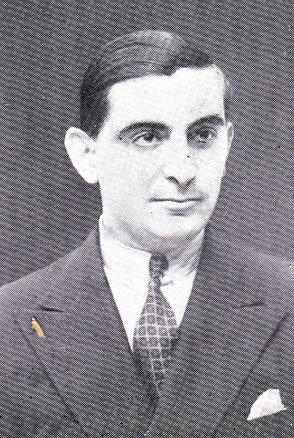
Click for a larger version
|



